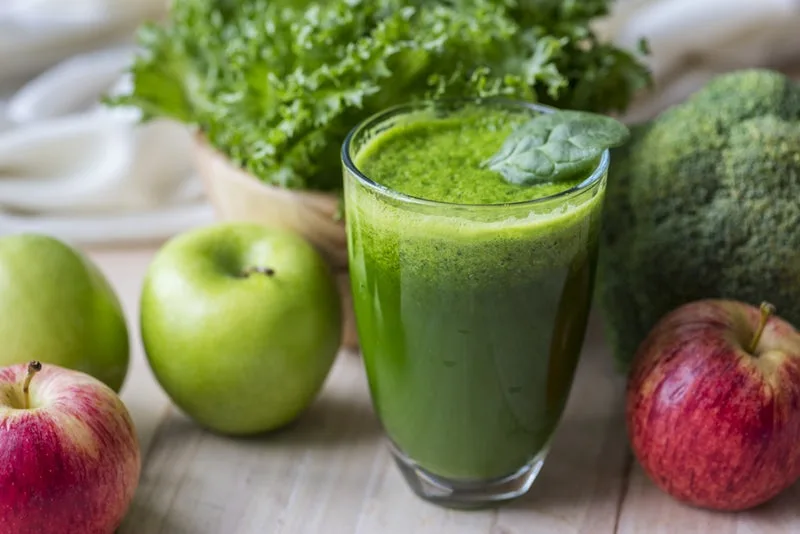Opinion Editorial: Today, it’s rare to be among a group of people where somebody isn’t on a detox. From only eating fruit to drinking litres of herbal tea every day, to juicing all the vegetables you can into a “smoothie.” It may even involve cutting out entire food groups. The more than 15 million #detox posts on Instagram give us at least some indication of how prolific this trend is.
But can these interventions, supplements or special diets really “cleanse” us when the body has its own highly complex organ – the liver – to do precisely what these detoxes claim to?
Your Liver Is Your Best Detox Aid
Unfortunately, detox is a marketing myth. Your liver is responsible for detoxifying your system, period!
As one of the biggest and most robust organs in the body, a healthy liver is central to your overall physical and mental health. The liver clears the circulation of substances that are no longer needed by the body. This includes toxins.
This means the liver is working all the time to detoxify the body, along with many metabolic processes. One of the most important is carbohydrate metabolism. Without which we wouldn’t survive, as well as the metabolism of all types of fats.
The liver is also the body’s filter. It sifts through the blood that comes from the digestive tract before it passes on through to the rest of the body. This filtering process involves detoxifying chemicals and metabolising medicine. While this is happening, the liver also secretes bile to be taken up by the intestines again.
So where does the hype come from over a detox?
A detox typically involves reducing or cutting out the foods and substances (tobacco and alcohol) that the liver needs to work harder at processing. It also means consuming more of what is scientifically proven to be better for our health and general well-being.
When we’re eating the right foods, exercising, not smoking, and drinking in moderation, the changes to the body will become obvious. This is simply because it is better for your overall health. Then it also becomes easy to draw a correlation between detox and good health, although this is not necessarily the case.
Despite the fact that the liver is detoxing all the time we’re still made to believe that we must somehow intervene to rid the body of toxins. If, in fact, there was a build-up of toxins that the body couldn’t excrete by itself we would be very ill and in need of serious medical intervention.
There’s no known ‘detox’ treatment – and certainly not a vegetable juice, food restrictions or fasting – that can improve on the work that the liver in a healthy body already does perfectly.
Love your liver
While it’s not possible to manipulate the work your liver does, taking better care of it is possible and medically recommended. This is not limited to people who consume alcohol on a regular basis.
It’s a widely held misconception that the only cause for liver disease is alcohol. Even people who only have a moderate intake of alcohol can develop liver disease. Risk factors include obesity, smoking, unprotected sex and drug abuse.
The bottom line
Lifestyle adjustments are the most effective way to better care for your liver. Give your liver more of what it needs. This includes a balanced diet, drinking alcohol in moderation and keeping stress levels down.
Want to read more about detox diet myths? Read why drinking celery juice may be just a passing fad.
About the Author
The opinion editorial was penned by Cape Town-based gastroenterologist, Dr Monique Marais.
Gastroenterology is the study of the normal function and diseases of the oesophagus, stomach, small intestine, colon and rectum, pancreas, gallbladder, bile ducts and liver. Common conditions that Dr. Marais treats heartburn (gastro-oesophageal reflux disease); colon polyps and colon cancer screening; colitis, stomach ulcers; abdominal pain, constipation and diarrhoea; inflammatory bowel disease; irritable bowel syndrome; hepatitis and many other related diseases.


